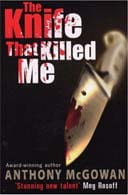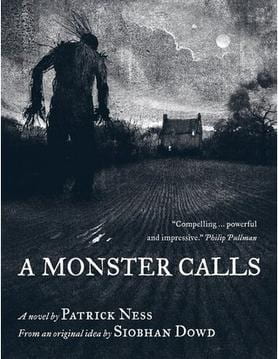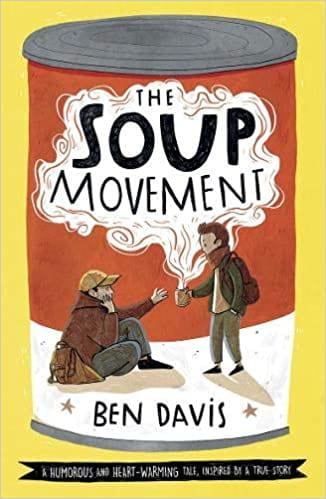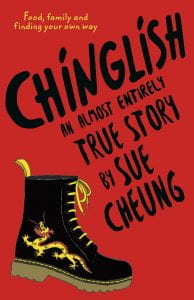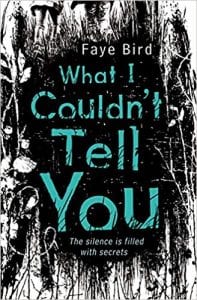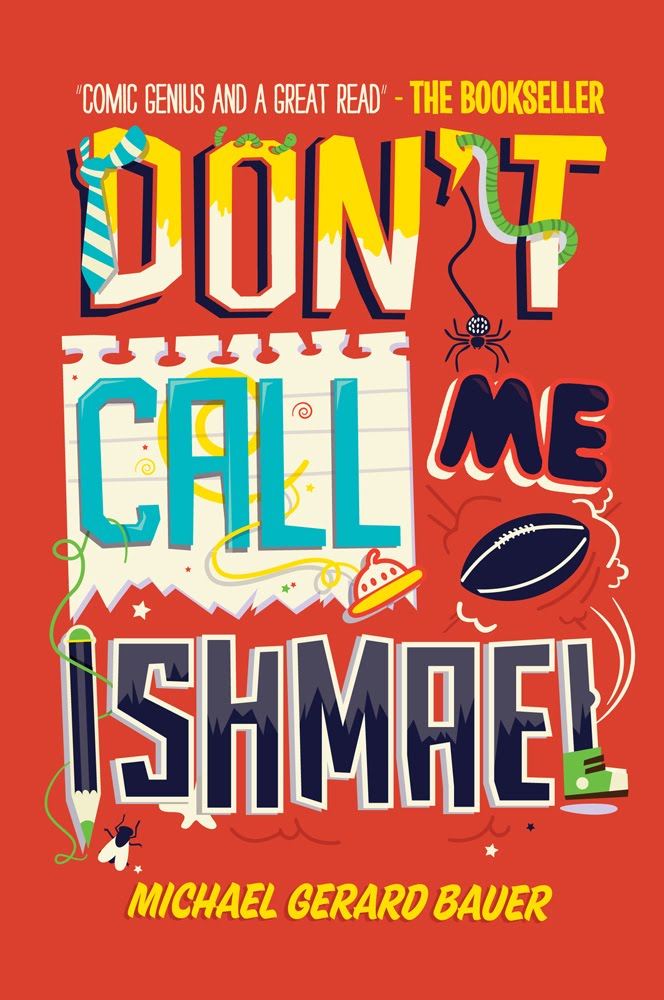Bad Influence by Tamsin Winter
Book of the Week: 2 July 2023
Amelia should be enjoying her time at school. She has just started Year 9 and is good at schoolwork, loves reading and plays cello in the orchestra. Despite her achievements, she is not only unpopular but is being bullied. She and her best friend Nisha have been rated as being in ‘the extreme fug zone’ [fug means ugly] by classmates on social media. She suspects that a particularly annoying boy in her class, called DJ, might be responsible because he was the person who started calling her ‘Maggot’ in Year 7 – a nickname that has stuck. It doesn’t help that her older sister, Hannah, is beautiful and on track to be Head Girl and that her baseball-obsessed father believes that coming second in anything is being ‘first loser’.
It takes a couple of chapters to find out about Amelia’s life, however, because the book opens with her being in trouble at school thanks to a photograph that has been shared on social media. What the photo shows, who shared it and what led to it being taken is revealed in the rest of this cleverly-constructed plot. This sympathetic and readable story would be a great book club choice as it would provoke plenty of discussion about the pressures of fitting in, the perils of social media and its effect on real-life relationships; plus it is all told in a lively, relatable and witty style that avoids being over-earnest.
Try this is you have enjoyed Tamsin Winter’s other books , or books by writers such as Jenny McLachlan , Susin Nielsen or Lisa Williamson
PS: The Blue Book of Nebo by Manon Steffan Ross won the Yoto Carnegie Medal for Writing in June this year.




